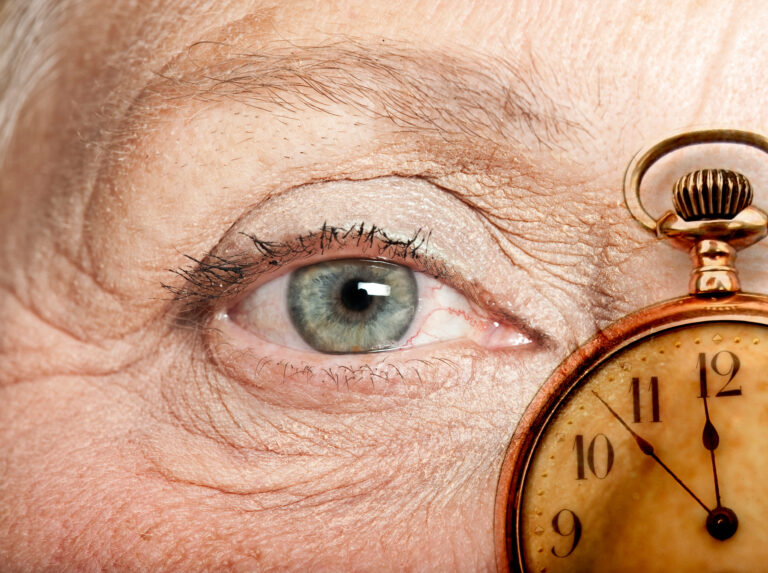We live in a fast-paced world where we are constantly bombarded with information and responsibilities. With all the hustle and bustle, it can be easy to push aside self-care and neglect our physical and mental health. However, as we age, it becomes increasingly important to prioritize our well-being, especially when it comes to preventing age-related cognitive decline.
One way to keep our brains healthy as we age is by engaging in aerobic exercises. Aerobic exercise, also known as cardio, involves continuous movement that elevates the heart rate and increases oxygen intake. It includes activities such as walking, running, cycling, swimming, and dancing. But the question remains, does aerobic exercise really help prevent dementia?
Before we dive into the answer, let’s first understand what dementia is and why it’s a growing concern worldwide. Dementia is a general term for a decline in cognitive function that interferes with daily life. It is not a specific disease but a group of symptoms caused by various diseases or conditions, such as Alzheimer’s disease, vascular dementia, and Lewy body dementia. According to the World Health Organization, around 50 million people worldwide have dementia, and this number is expected to triple by 2050.
Now, back to the question at hand – does engaging in aerobic exercise help prevent dementia? The short answer is yes. Studies have shown that regular aerobic exercise can improve cognitive function and potentially reduce the risk of developing dementia.
One study published in the Journal of Alzheimer’s Disease found that participants who engaged in moderate to high-intensity aerobic exercise for at least 150 minutes per week had a lower risk of developing Alzheimer’s disease compared to those who did not exercise at all. In another study published in the journal Frontiers in Aging Neuroscience, researchers found that older adults who engaged in regular aerobic exercise had greater brain volume and better cognitive function compared to their sedentary counterparts.
So, how exactly does aerobic exercise help prevent dementia? There are a few theories on this. Firstly, aerobic exercise increases the production of new brain cells, particularly in the hippocampus – the area of the brain responsible for memory and learning. This is known as neurogenesis and can help counteract the loss of brain cells that occurs with age.
Secondly, aerobic exercise improves the flow of blood and oxygen to the brain, providing it with vital nutrients and promoting the growth of new blood vessels. This process, known as angiogenesis, can improve brain function and protect against cognitive decline.
Furthermore, aerobic exercise has been shown to reduce inflammation in the body, which is linked to many age-related diseases, including dementia. It also helps regulate hormones such as cortisol, which can contribute to cognitive decline when chronically elevated.
But aerobic exercise doesn’t just benefit the brain; it also has positive effects on overall physical health. Regular cardio can help lower blood pressure, improve cholesterol levels, and reduce the risk of heart disease and stroke. These factors are essential for maintaining good brain health, as a healthy heart means a healthy brain.
So how much aerobic exercise should you be doing to reap these benefits? The American Heart Association recommends at least 150 minutes of moderate-intensity aerobic exercise or 75 minutes of vigorous-intensity aerobic exercise per week. This breaks down to 30 minutes of moderate exercise five days a week or 25 minutes of vigorous exercise three days a week.
It’s also important to note that consistency is key – it’s better to engage in regular bouts of aerobic exercise throughout the week rather than cramming it all in one day. And remember, even small amounts of physical activity can still have a positive impact on brain health.
In conclusion, engaging in regular aerobic exercise has numerous benefits for both physical and mental health, including potentially reducing the risk of developing dementia. It’s never too late to start incorporating cardio into your routine. Whether it’s going for a walk, joining a dance class, or taking up swimming, find an activity that you enjoy and make it a regular part of your life. Your brain (and body) will thank you in the long run.





